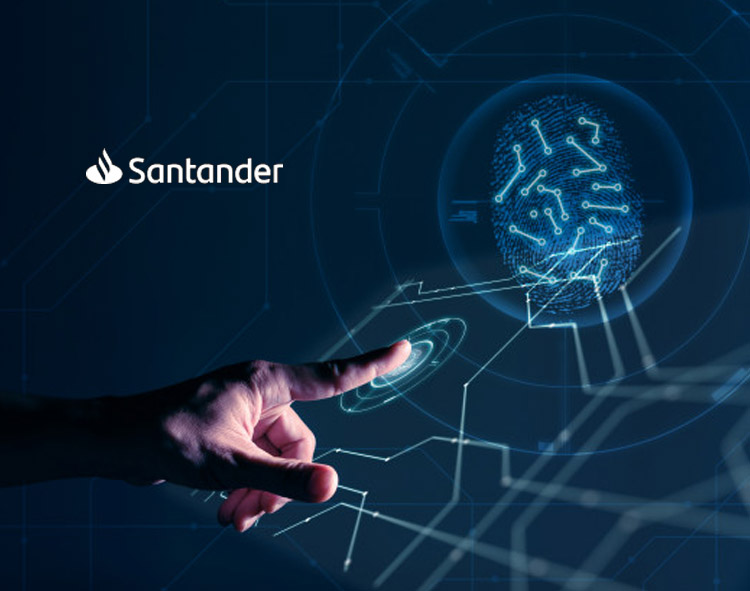Ten leading Spanish companies are working together to develop a self-managed digital identity model with blockchain technology, which will bring Spain to the fore in this kind of development.
The project, including Banco Santander, Bankia, BME, CaixaBank, Inetum, Liberbank, Línea Directa Aseguradora, Mapfre, Naturgy and Repsol, and also the Alastria consortium, will give users control over their personal data, making digital identity self-managed by each person in a secure and reliable manner a reality.
Self-managed identity enables people to have their personal data in a single digital identity, backed by the companies involved and stored on their own mobile device. Users may decide who to share the data with at any time in a fast, simple, secure process, in order to take up any service with no need to fill in tedious forms. For example, they may use their data validated by other organisations to hire a car, take out insurance, arrange a loan, take up an electricity service, or any service they wish, in just a few clicks.
Creation of a self-managed digital identity furnishes the certainty that information is reliable and has not been altered, thanks to blockchain technology. The challenge is to ensure that it has legal effects which are equivalent to the most advanced data validation and authentication processes available today.
Read More: Worldline Welcomes Ingenico, Creating a New World-Class Leader in Payment Services
New business models, greater efficiency and more benefits
This development will give the participating companies greater efficiency and improvements in various processes, such as registration of users. Also, in a bid to pass on their innovative capacity to people’s lives, the project will enable participating companies to design new business models (individual and/or collective) to improve the user experience on the basis of the potential of self-managed digital identity.
During the concept test, now complete, the organisations found that the solution works satisfactorily. The second phase of the project will kick off in November. This aims to complete development within the next six months, in order to roll out this solution in a real production environment in May 2021. The companies participating in this concept test see great potential for all sectors.
At the present time, the demos function on one of the Alastria consortium’s blockchain infrastructures (Ethereum-Quorum). This is a pioneer development in the use of the open-code libraries developed by the Alastria Identity Committee. In the months ahead work will also be carried out on other aspects of technical implementation and use cases.
The project undertaken by these companies is a technological challenge that will bring Spain to the fore in terms of blockchain and identity management, a basic issue in digital environments for both users and businesses. The solution will also help fight attempted fraud and identity theft with greater efficiency.
Read More: GlobalFintechSeries Interview with Chyna Qu, Co-Founder and COO at DeFiner
